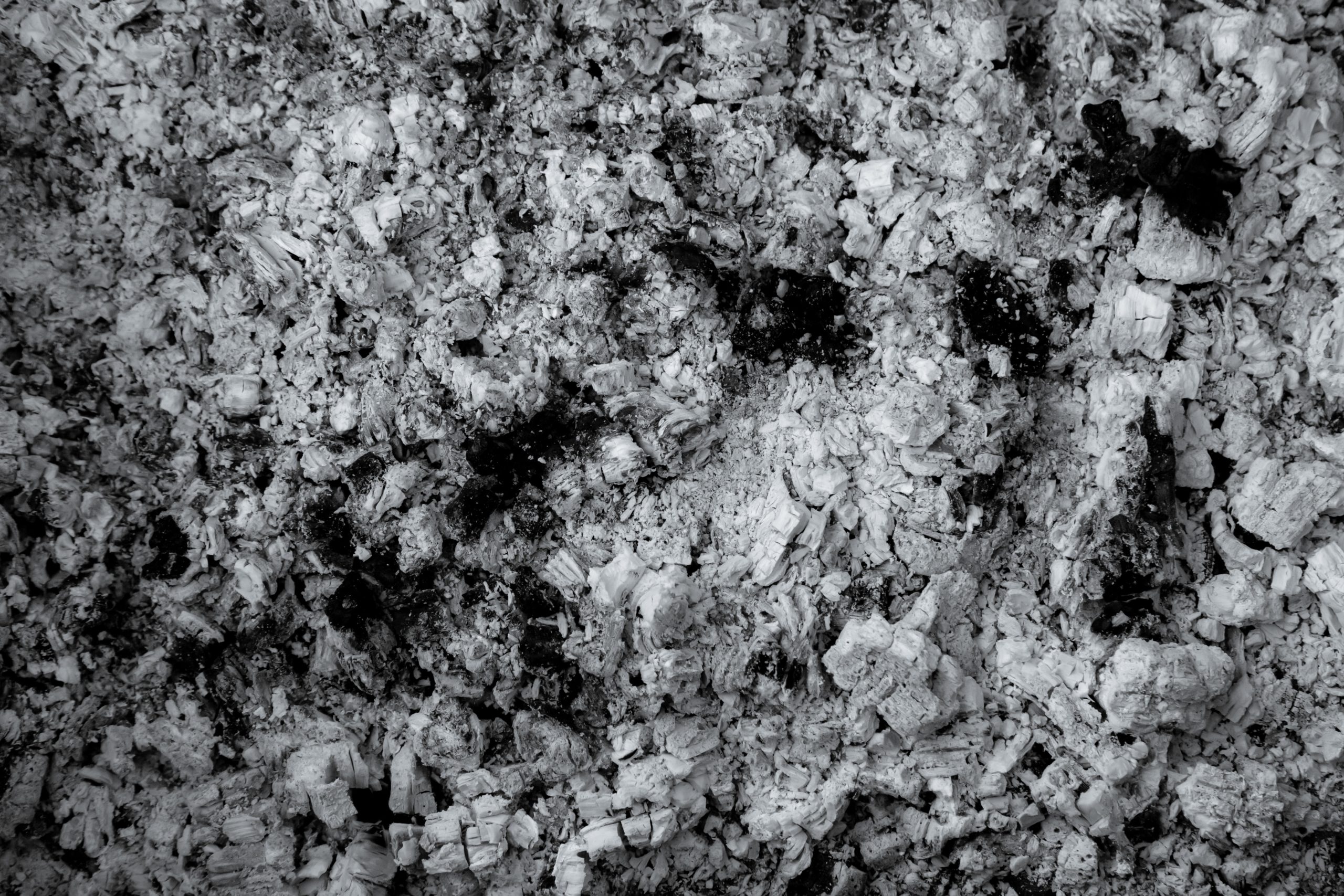It’s Fat Tuesday—Mardi Gras if you’re francophone. Tomorrow is Ash Wednesday, the beginning of Lent. Ash Wednesday is a day of humility, when we remember that we are dust, returning to dust. The words humility and humus, after all, derive from the same root. Humility is an especially valuable quality for the writer; as Thomas Aquinas wrote, humility is mostly a matter of seeing and accepting things as they really are (more on that in next week’s podcast episode with the poet Dana Gioia).
Eleven years ago I wrote a little piece on Ash Wednesday, which I have reproduced below. I’ve been thinking about this piece a lot lately; my friend Thomas McKenzie, the Father Thomas in the first paragraph, returned to dust six months ago last week.
It’s Ash Wednesday. Yesterday my friend Father Thomas, an Anglican priest, burned the palm fronds from last year’s Palm Sunday to make the ashes to rub on people’s foreheads today. “Remember that you are dust,” he will say to them, “and to dust you shall return.”
I didn’t grow up observing Ash Wednesday or Lent, but I have to say, at this age it helps to be reminded that I am dust and returning to dust. It’s not just a help, but a comfort. This world is forever demanding that we take it as seriously as it takes itself, and it tempts us to take ourselves too seriously too. Ash Wednesday says, “No, no, no, dear sinner. You’re just dust, living in a world that’s just dust, and you and the world both are returning to dust. And you are dear to God nevertheless.”
I love the prayer in the Anglican Ash Wednesday liturgy:
Almighty and everlasting God, you hate nothing you have made and forgive the sins of all who are penitent: Create and make in us new and contrite hearts, that we, worthily lamenting our sins and acknowledging our wickedness, may obtain of you, the God of all mercy, perfect remission and forgiveness; through Jesus Christ our Lord, who lives and reigns with you and the Holy Spirit, one God, for ever and ever.
I used to associate Ash Wednesday–when I considered it at all–with self-flagellation. But, as the apostle Paul said, it is the kindness of God that leads us to repentance–the confidence that God hates nothing he has made and forgives the sins of all who are penitent.
For all my ambivalence about T.S. Eliot, there are passages in his poem “Ash Wednesday” that I just love. The lines I love the most in that poem, the lines that most perfectly capture the spirit of the day, are these:
Lord, I am not worthy
Lord, I am not worthy
but speak the word only.
“I am not worthy.” True enough. But not the truest thing. The Lord speaks truer things into being every day.
So happy Ash Wednesday, you old sinner. You are dust, and to dust you shall return. And God loves you anyway.








